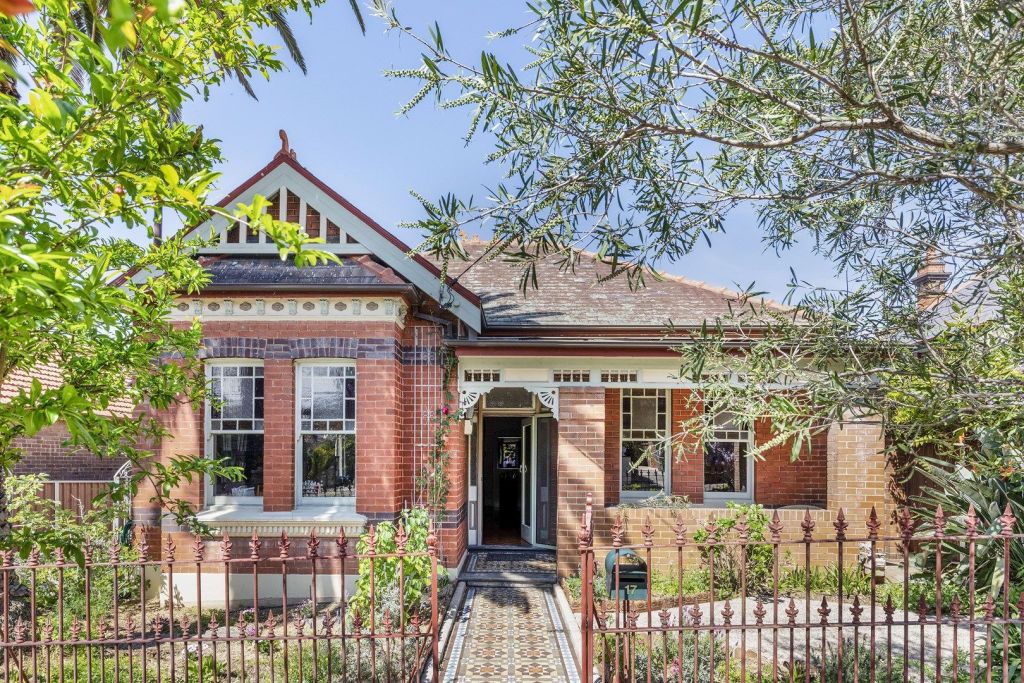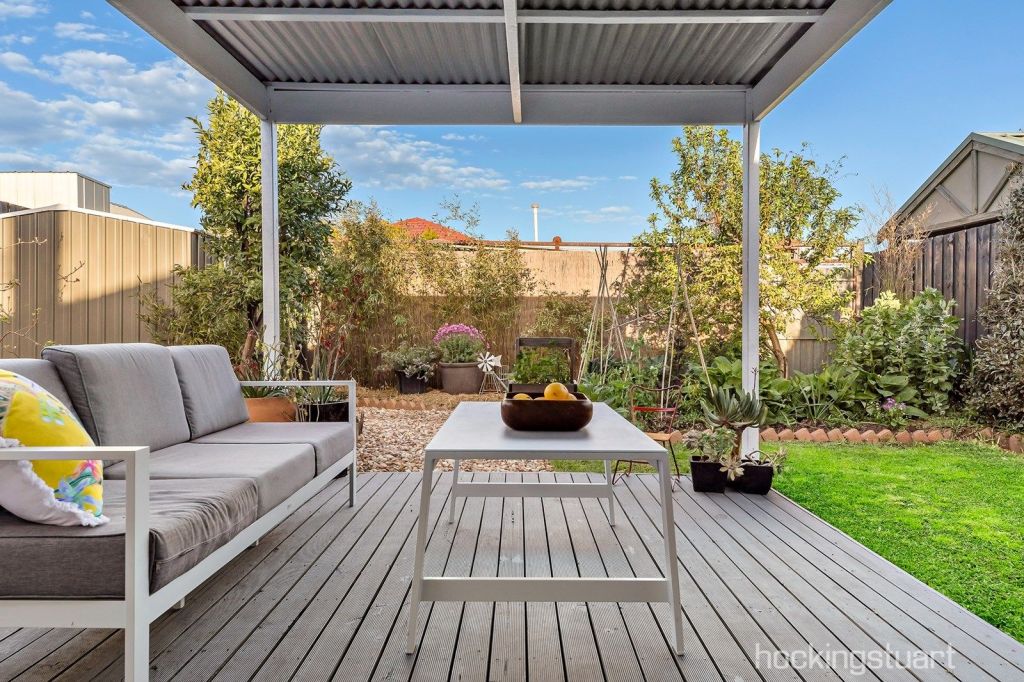Food for thought: Sustainable eating becomes property selling point across Australia

Aussies are well-versed in the benefits of green spaces but it seems we’re no longer content with purely decorative gardens.
Now, shopping for property can also mean looking for a veggie patch and even a chicken run with buyers benefitting from the fresh produce and eggs, as well as the location of their home.
Take a look at the listings and there’s an increasing number that include veggie gardens, chicken coops and fruit trees being advertised among the properties’ key features.
“I’ve always thought [edible gardens] are a good selling point,” Mat Pember said. Mr Pember is the author and owner of Little Veggie Patch Co, a Melbourne business dedicated to helping people grow their own food.
“Traditionally the veggie patch has been perceived as messy or unkempt so it wasn’t advertised as broadly, but now people’s minds are changing about edible gardening. The home seller is trying to sell a lifestyle and having your own edible garden has now become a lifestyle choice.”
Mr Pember puts out a weekly newsletter nicknamed Countryology, which aims to bring “a touch of country ideology to our city lives”.
He understands his demographic well: enthusiastic, but time-poor workers who want the satisfaction of growing their own food.
Real estate agents agree that the veggie patch has become a selling point.
BresicWhitney’s Chris Nunn has listed a character home in Croydon, in Sydney’s inner west, set on a 650-square metre block with vegetable gardens, fruit trees and a chook run, positioning the property as an “urban farm”.
Mr Nunn said he’s had a great response to the campaign.
“The first wave of people that have been through enjoyed the concept of an urban farm,” Mr Nunn said. “With so many people migrating out of Sydney, it’s a great opportunity to stay in Sydney and have the best of both worlds – country and city.”
Mr Nunn believes city-living workaholics are slowly evolving their concept of a balanced life.

“They’re no longer happy to just keep working until they drop; they jump on Google in search of a better life,” he says. “But not everyone wants a tree change, so these kinds of properties are a good option for someone who’s yearning for a country lifestyle at the same time as working a big city job.”
The current owners, food writer and keen cook Michael Symons and university professor and avid gardener Marion Maddox, were delighted to find fruit trees flourishing when they bought the property in 2007.
“This has been an Italian area so it already had established fruit trees, including the best mangoes I’ve ever eaten,” Mr Symons said.
“I lived in Tuscany for a couple of years and that’s just what you did, you grew your own food. Some of the things that you grow yourself are so much tastier than what you can find in the shop.”
Excess eggs are traded with neighbours and some Italian home cooks have been given permission to raid the crop of parsley in the front garden.
The Agency’s Henriette Masmeyer, also in the inner west, says families with Italian heritage are the frontrunners when it comes to edible gardens.
“We have an enormous number of Italians that have grown forever. There are properties that have barricaded garden beds where the nonnas and nonnos have been tilling the soil for decades,” she said.
Ms Masmeyer has listed a Haberfield Federation beauty with an award-winning garden that includes a veggie patch and fruit trees.
“I think people are wanting to be a little bit more environmentally conscious,” she says. “And there are a lot of aspirational gardeners out there!”

In Cleveland, 25 kilometres south-east of Brisbane, Jo Maybury of McGrath Bayside is selling a family home with fruit and nut trees and an organic veggie garden.
“Some of our buyers are a bit more on the green side and they’re looking for sustainable living,” she says. “But they don’t necessarily want to start from scratch, they want something established and productive.”
And in Melbourne’s Kingsville, Adam Welling of Hocking Stuart Yarraville is taking inquiries on an Edwardian cottage with fruit trees and “productive vegetable beds”.
“It makes a home much more emotionally appealing,” he says of the garden. “People want a garden they can show off to their friends that says something about them.”
We recommend
States
Capital Cities
Capital Cities - Rentals
Popular Areas
Allhomes
More







